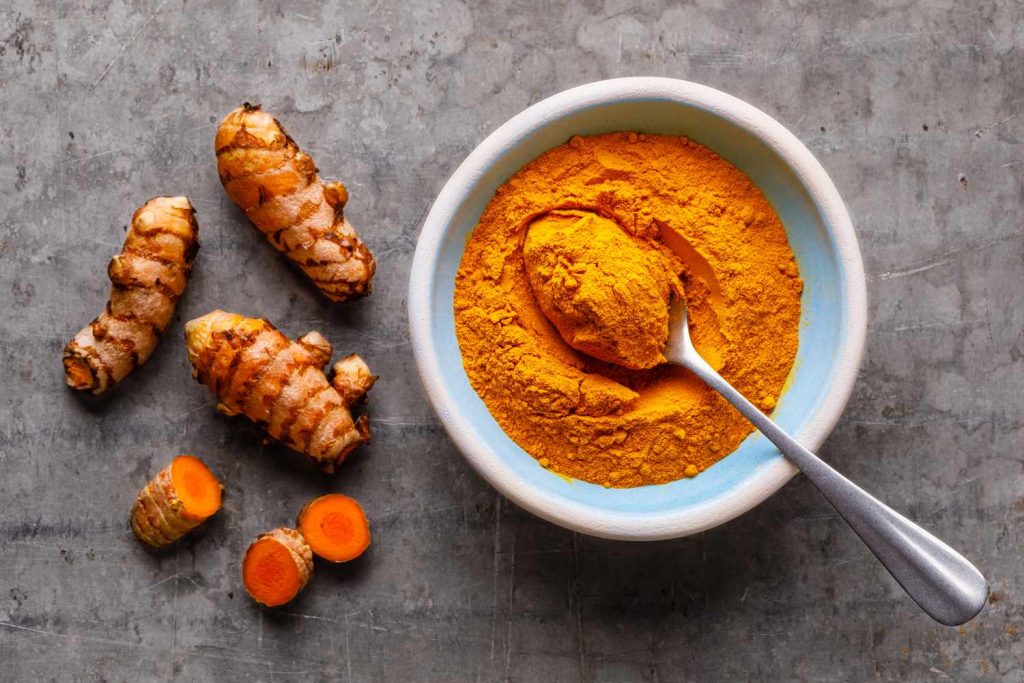Baking soda, or sodium bicarbonate, is a versatile household item commonly used for various purposes, including as a remedy for stomach acid. Many individuals turn to baking soda as a natural and cost-effective solution to alleviate symptoms of acid reflux or heartburn. The fundamental idea is that baking soda’s alkaline nature can neutralize stomach acid, providing relief from the burning sensation associated with these conditions. However, while it may offer temporary comfort, it’s crucial to understand the potential implications of regular use and consider safer, more sustainable alternatives.
Understanding Stomach Acid and Its Role in Digestion
Stomach acid, primarily composed of hydrochloric acid, plays an essential role in the digestive process. It aids in breaking down food, activating digestive enzymes, and protecting against harmful bacteria. Maintaining proper levels of stomach acid is vital for nutrient absorption and overall digestive health. However, when stomach acid flows back into the esophagus, it can cause discomfort known as acid reflux or heartburn.

The Science Behind Baking Soda and Its Effect on Stomach Acid
Baking soda is a chemical compound that, when dissolved in water, creates an alkaline solution. When ingested, this solution can neutralize excess stomach acid, temporarily relieving symptoms of acid reflux. The reaction between baking soda and stomach acid produces carbon dioxide gas, which can lead to belching and a sensation of bloating. While this neutralization can provide short-term relief, it does not address the underlying causes of acid reflux and may lead to other digestive issues if used excessively.
Potential Benefits of Using Baking Soda for Acid Relief
The primary benefit of using baking soda for acid relief is its ability to quickly neutralize stomach acid, providing fast relief from heartburn and indigestion. It is also readily available and inexpensive compared to over-the-counter antacids. For occasional use, baking soda can be an effective remedy for those who experience mild symptoms of acid reflux.
Risks and Side Effects of Consuming Baking Soda Daily
While baking soda can be effective for occasional relief, consuming it daily can lead to several health issues. Excessive intake can disrupt the body’s acid-base balance, leading to a condition called metabolic alkalosis. This can cause symptoms such as muscle twitching, hand tremors, and nausea. Additionally, high sodium intake from regular baking soda consumption can increase blood pressure and strain the kidneys. Therefore, it is essential to use baking soda sparingly and consult with a healthcare professional if you experience frequent acid reflux symptoms.
Recommended Dosage and Safe Usage Guidelines
If you choose to use baking soda for acid relief, it is crucial to follow safe usage guidelines. A common recommendation is to dissolve half a teaspoon of baking soda in a glass of water and drink it slowly. However, this should not be done more than once every two hours, and not exceed seven doses in 24 hours. For individuals over 60 years old, the maximum is three doses in 24 hours. It is also advisable not to use baking soda as an antacid for more than two weeks without medical supervision.
Alternative Natural Remedies for Acid Reflux
For those seeking alternative natural remedies for acid reflux, several options may help alleviate symptoms without the potential risks associated with baking soda:

- Ginger: Known for its anti-inflammatory properties, ginger can help soothe the digestive tract. Consuming ginger tea or adding fresh ginger to meals may reduce acid reflux symptoms.
- Aloe Vera Juice: Aloe vera has soothing properties that can help reduce inflammation in the esophagus. Drinking a small amount of aloe vera juice before meals may provide relief.
- Chewing Gum: Chewing sugar-free gum can stimulate saliva production, which may help neutralize stomach acid and reduce symptoms of acid reflux.
- Dietary Changes: Avoiding trigger foods such as spicy, fatty, or acidic foods, and eating smaller, more frequent meals can help manage acid reflux symptoms.
- Elevating the Head During Sleep: Raising the head of the bed or using a wedge pillow can help prevent stomach acid from flowing back into the esophagus during sleep.
When to Seek Medical Advice
While occasional heartburn is common, frequent or severe acid reflux may indicate a more serious condition known as gastroesophageal reflux disease (GERD). If you experience acid reflux symptoms more than twice a week, have difficulty swallowing, or notice unintended weight loss, it is essential to consult a healthcare professional. They can provide a proper diagnosis and recommend appropriate treatment options.
Conclusion
Baking soda can offer quick, temporary relief from acid reflux and heartburn by neutralizing excess stomach acid. However, regular or excessive use can lead to significant health risks, including metabolic alkalosis and increased blood pressure. It is crucial to use baking soda sparingly and consider alternative natural remedies and lifestyle changes to manage acid reflux symptoms effectively. Always consult with a healthcare professional before starting any new treatment, especially if you experience frequent or severe symptoms.

















